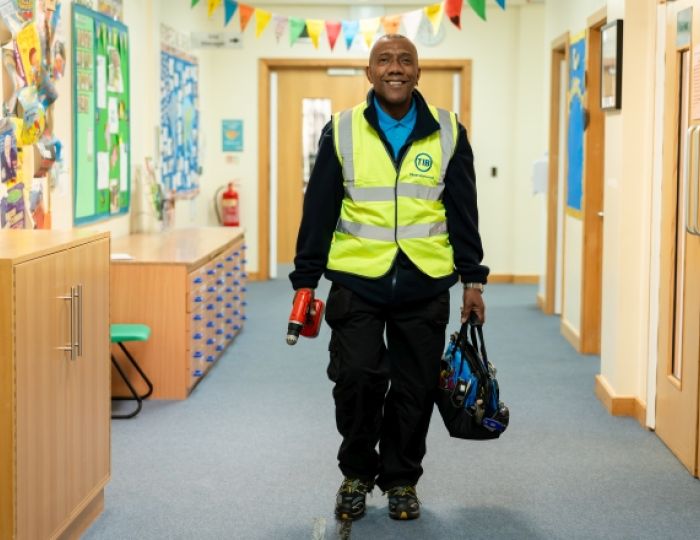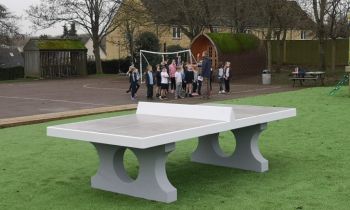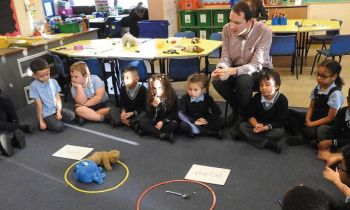Empirical study into the manner in which memory operates began way back in the 1880s, when Hermann Ebbinghaus measured the rate that information is lost after initially learning it. The conclusions were clear, and have been repeated in multiple contexts under a huge variety of conditions since – everybody forgets things unless they revisit that information regularly.
In the classroom, this means that we should be entirely unsurprised by our pupils struggling to recall yesterday’s lesson. Indeed, it’s an inevitable and perfectly natural part of the learning process. Our job is to interrupt this forgetting, by prompting the children to retrieve information from memory. It’s for this reason that, as part of our curriculum design at Reach Academy Feltham, we’ve embedded regular quizzes into our curriculum design.
Aside from Ebbinghaus, our decisions have been influenced by more recent research into retrieval practice, spearheaded by professorial power couple Robert and Elizabeth Bjork. They suggest that any information tucked away in our memory can be measured in two ways. First, there’s the speed at which you can recall some fact or skill, the ‘retrieval strength’.
Second, we can consider how well connected and robust the knowledge is, known as ‘storage strength’. New information which isn’t linked to anything else stored in your long-term memory will have a low retrieval strength, as well as a low storage strength. This is why they write the hotel room number on your card when checking in. You’ll probably forget it. By the end of the week, the retrieval strength of your hotel room number will have increased by regularly having to recall it. However, the storage strength will likely remain low and you probably won’t be able to recall it in a year or two.
Some information, such as the name of a child in your class, could have a high storage strength (they’re connected to tonnes of other memories) but a low retrieval strength (‘What was their name again?...’) Other information can have both high retrieval and high storage strength – for example, the name of your current best friend. This, of course, is what we’re aiming for in what we teach. And based on what we know about how memory works, we think that the testing effect is an indispensable tool for achieving it.
Retrieval practice
We always begin lessons with retrieval practice – a short quiz with five multiple-choice questions of previously learnt material. These quizzes are ‘no stakes’ in that we don’t collect scores, and don’t tell children off or express disappointment if they get a question wrong. That’s not the purpose – what we’re trying to do is deliberately interrupt the forgetting curve.
Think of this regular quizzing as a learning event in itself, as opposed to an assessment. It doesn’t really matter whether the children get the question right or wrong, as they benefit either way. I often begin planning a lesson by asking myself, “What are the five things that I want all children to remember by the end of this lesson?” These then become the targets for quiz questions in the following lesson.
Quizzing may not be the flashiest or most fashionable classroom activity, but there’s an abundance of science outlining the learning rewards. Why not add in a few quizzes into your next unit of work, and see for yourself the improvement in recall from the children?
Jon Hutchinson is the head of curriculum development at Reach Academy










